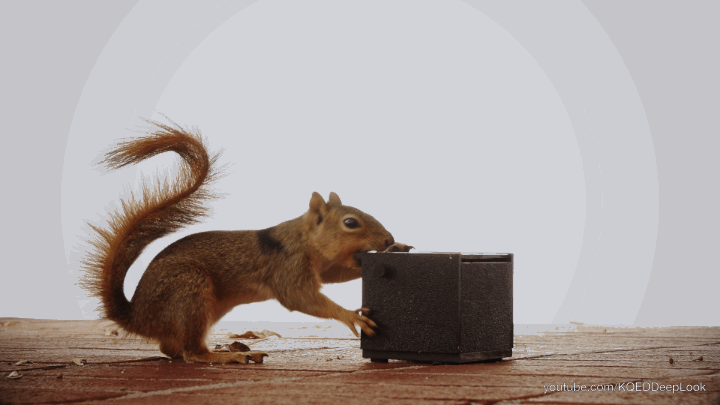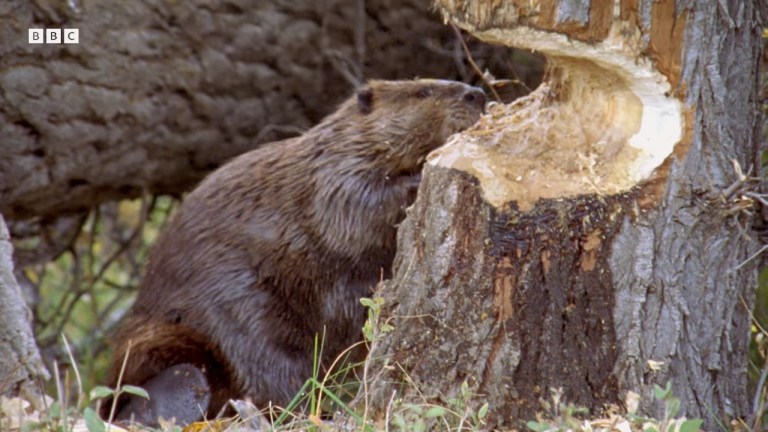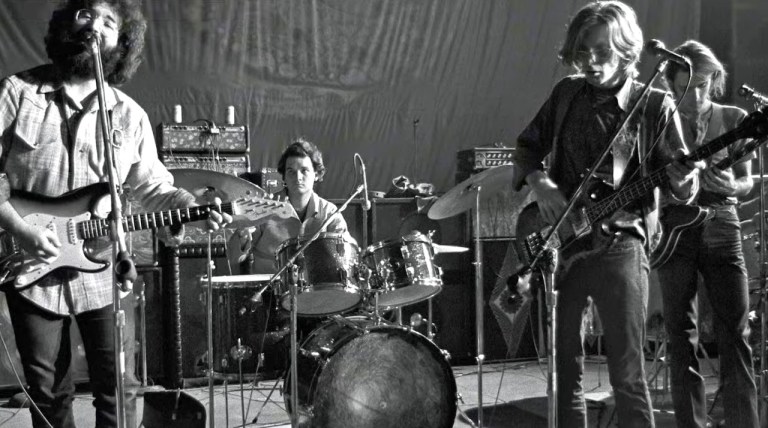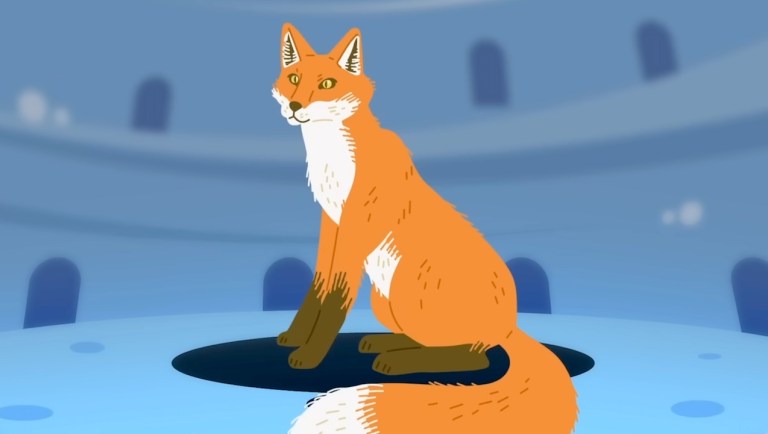How Frustration Drives Squirrels to Find Creative Solutions to Unexpected Problems
KQED Science took a look at the fascinating research of Mikel Maria Delgado, a UC Berkeley researcher who studies the similarity between squirrels and humans. In one experiment, Delgado wanted to see how habit-driven squirrels reacted to frustrating circumstances such as not getting an expected reward or lack of access. What she learned is that frustration can actually be helpful tool for solving problems.
Once she trained the squirrels to expect a walnut when they opened the box, Delgado changed things up. For a group of randomly selected squirrels, she replaced the walnut with corn, which squirrels don’t like as much. The squirrels flagged their tails. For another group of squirrels, Delgado left the box completely empty. These squirrels weren’t happy. They flagged their tails even more than the ones she had offered corn. For the third group, she locked the box. Of the three groups, these flagged their tails the most. They got aggressive, a hallmark of frustration. And they tried different ways to open the box. They bit it; they toppled it; they dragged it around.That made her believe that perhaps frustration isn’t just a way of blowing off steam, but instead a way to gather up the energy to “brute-force” a new solution, kind of like kicking the vending machine when it eats your dollar. She thinks frustration might have an evolutionary purpose.
Who hasn't wondered about the emotional lives of squirrels? My research featured on today's @KQEDscience #DeepLook! https://t.co/kkGMXZcPCd
— Mikel Delgado (@mikel_maria) September 20, 2016







